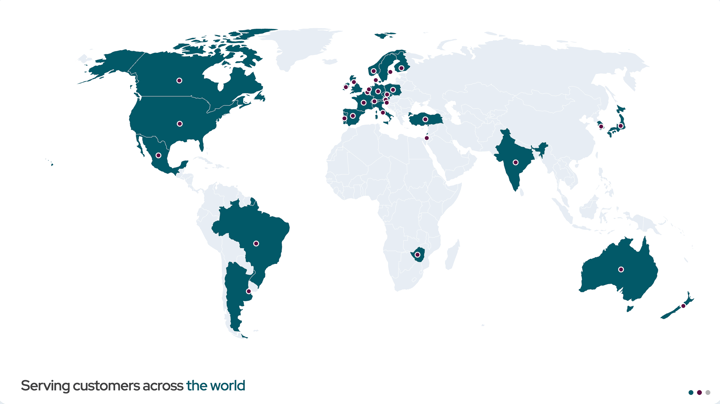Mender.io partner The Qt Company is an industry leader, providing frameworks and tools to help design, develop and deploy user interfaces and applications for embedded devices including ECUs and MCUs. Mender offers a tutorial for using Qt Creator with Mender.io for OTA software updating of a Yocto OS layer on an embedded device.
Mender.io partner Qt.io has announced the latest release of its product QT 6.2 LTS. The new release sees a set of key architectural changes designed to keep the solution competitive for the foreseeable future. These changes involve combining the commonly used functionality from Qt 5.15 with the new features added for Qt 6. With the result that all Qt users will be able to migrate their code from Qt 5 to Qt 6. This is facilitated through Qt Design Studio 2.2 and the soon-to-be-released Qt Creator 6 beta are both based on Qt 6.2 LTS. In this release, the Qt product team has also done work to improve performance, stability and what Qt says will “improve developers quality of life.”
Key architectural changes in QT 6.2 LTS
Key architectural changes in QT 6.2 LTS include:
Using C++17 so Qt 6 now relies on a C++17 compatible compiler which improves the code base and offers more modern APIs.
Improvements to the low-level container classes for handling large data sets and performance.
Next-generation QML with a focus on renewing the QML language and making it safer and easier to use in the future.
Bringing property bindings concept available in C++.
New graphics architecture Qt 6 put a whole new architecture in place on how to handle the integration with APIs of the underlying operating system. With the new Rendering Hardware Interface (RHI), Qt 6 now uses the best graphics API available on each system by default, significantly increasing compatibility – especially on desktop and mobile operating systems such as Windows and macOS, and iOS.
Unified 2D and 3D for Qt Quick as a framework for building animated and fluid 2D user interfaces.
With Qt 6, the build system changed from qmake to cmake, the standard build system for C++-based apps. While qmake is still supported for the lifetime of Qt 6, preliminary user reports indicate significant improvements after switching to cmake.
For more information on the release visit Qt’s official release page.
Recent articles
New Mender experimental AI-enabled feature
Mender in 2025: A year in review with compliance, security, and AI-driven growth
What’s new in Mender: Enhanced delta updates and user experience
Learn why leading companies choose Mender
Discover how Mender empowers both you and your customers with secure and reliable over-the-air updates for IoT devices. Focus on your product, and benefit from specialized OTA expertise and best practices.



